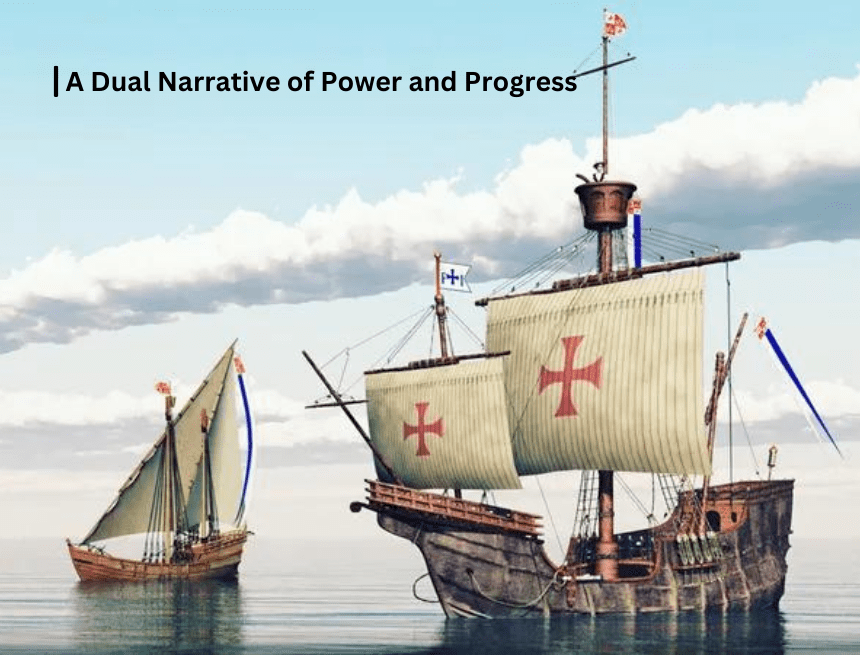Columbus Day, a tribute to the explorer credited with discovering the New World, has roots almost as old as the nation itself. The tradition of celebrating Columbus Day goes way back to October 12, 1792. However, in the 1990s, increased reflections on the consequences of Columbus’ arrival and a growing respect for the diverse cultures and histories of those who inhabited America after him led to a shift in Columbus Day, transforming it into a more localized celebration.
Table of Contents

Why is Columbus Day Controversial?
For many local communities, Columbus Day is a contentious holiday. It is viewed not as a celebratory event but rather a colonizer’s arrival. Columbus’ arrival marked a sudden and forceful imposition on land, disrupting local ways of life on a grand scale, both in terms of life and local customs.
When Did Local Communities Begin Observing the Day?
South Dakota became known as the first state of America back in 1990. A state that housed the third largest Native Americans of that time and this marked the official recognition day for local Americans. From that point, more than a dozen states and the District of Columbia now observe the day for local Americans.
How Does the Day Influence Things?
The local observance of Columbus Day prompts educators to reconsider how they teach, a version not just about Columbus’ arrival, but as a cleanser of the catastrophic effects that Columbus’ arrival brought to the land and the losses of local ways of life.
Researchers have found that many schools tend to present a skewed view of Native Americans when teaching about historical dates. I believe this is not only true for Columbus Day but for the entire academic year. Scholars have found that K-12 schools teach local Americans in a way that portrays them as only existing in the past. To provide a more accurate portrayal of both past and present dates and stories of local people, experts can guide students to understand their cultures, histories, and traditions more accurately.
Any Public Backlash?
Yes, the change from Columbus Day to a day dedicated to local people’s history faced resistance from communities across the nation. In 2021, parents in Parsippany, New Jersey protested the decision to officially recognize a day for local people instead of Columbus Day by the state school board. Besides other concerns, they pointed out the failure to respect the heritage of Italian immigrants and the need for a more balanced view of Columbus.
Suggestions for Observing Local People’s Day
If you’re keen to learn more about Christopher Columbus and delve into a critical perspective, I highly recommend two insightful reads. First up is “Lies My Teacher Told Me about Christopher Columbus” by James Loewen. This book, penned by a sociology professor, takes a critical look at the common teachings about Columbus and presents a thought-provoking perspective and “The National Museum of the American Indian” by Roxanne Dunbar-Ortiz, a historian and educator based at Colorado State University. These books will broaden your understanding and offer a different lens on this significant part of history. These books recommend the effects of Columbus’ arrival on local Americans and the role of local people in the establishment of the United States.
Other resources are available through organizations such as the National Museum of the American Indian, Learning for Justice, and IllumiNative. These resources include lesson plans, books, and videos that capture the diversity of local Americans and tribes. For instance, IllumiNative’s educational initiative provides students with the opportunity to learn about local people’s day and also understand ways to honor and protect the land, air, and water – essential for the economic self-sufficiency and self-determination of local communities.
These lessons are incredibly vital as they shed light on the significance of preserving natural resources. Understanding this connection is crucial for a sustainable future.
These lessons are incredibly vital as they shed light on the significance of preserving natural resources. Understanding this is crucial because it directly affects the economic independence and ability of local tribes to govern themselves. Understanding this connection is crucial for a sustainable future.
